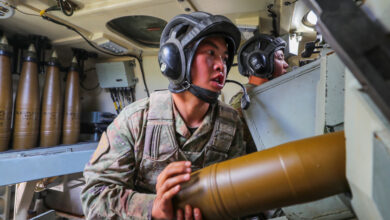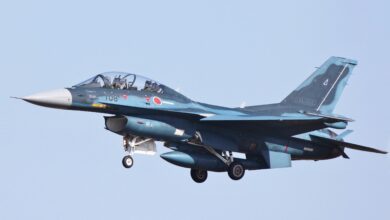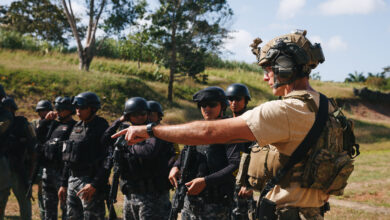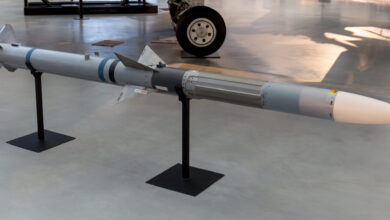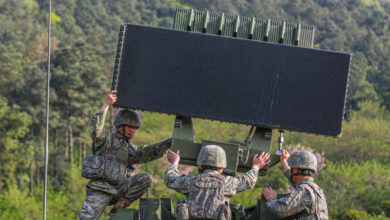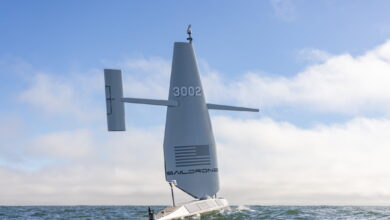Australia Shifts Focus to Maritime Conflict Training
The Australian Defence Force (ADF) has undertaken a major shift in how it trains its soldiers for future conflict, the country’s national broadcaster has reported.
Instead of focusing on land-based training, the service is emphasizing the maritime domain to secure its position in the Indo-Pacific region.
Its 1st Brigade, based in Darwin, has begun concentrating on shallow water operations, in which troops navigate beaches and islands.
According to commander Nicholas Foxall, the brigade previously trained on driving tanks and fulfilling objectives on land.
However, with the shift in focus undertaken by the ADF, the unit now uses water as the “primary corridors” of its operations.
“With the increasingly contested environment that the world is finding itself in, using the 1st Brigade as Australia’s primary interactor inside the archipelagic region to our north provides a number of really good options for our government,” he explained.
Advantages
Apart from being more prepared for maritime-based conflict, the change would allow smoother troop deployment during natural disasters.
It would also allow the ADF to participate in joint drills conducted in the region “far more readily.”
“During the recent floods and high-risk weather event last year in East Timor, we weren’t able to rapidly deploy to assist,” Foxall said.
He also revealed that more vessels and maritime assets would be acquired as the service strengthened its naval readiness.
The move would require more services, resulting in more job opportunities for Australian citizens.

New Defense Strategy
Earlier this year, the Australian government unveiled its new Defence Strategic Review, highlighting the importance of the Indo-Pacific as a geo-strategic region.
It aims to counter Beijing’s increasing military build-up in the region, which Canberra says is “occurring without transparency or reassurance to the Indo-Pacific region of China’s strategic intent.”
“China’s assertion of sovereignty over the South China Sea threatens the global rules-based order in the Indo-Pacific in a way that adversely impacts Australia’s national interests,” according to the strategy.



